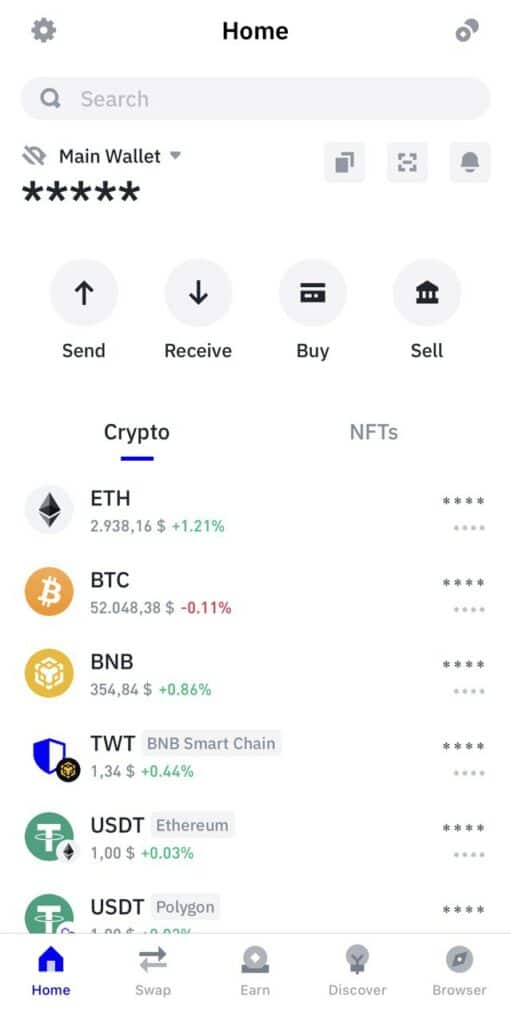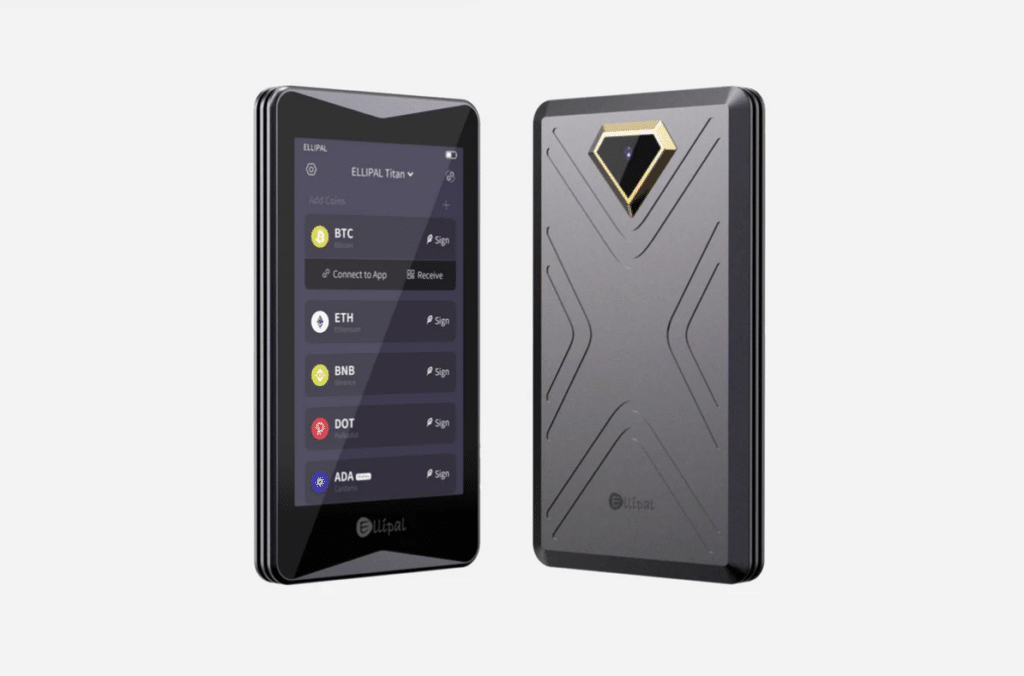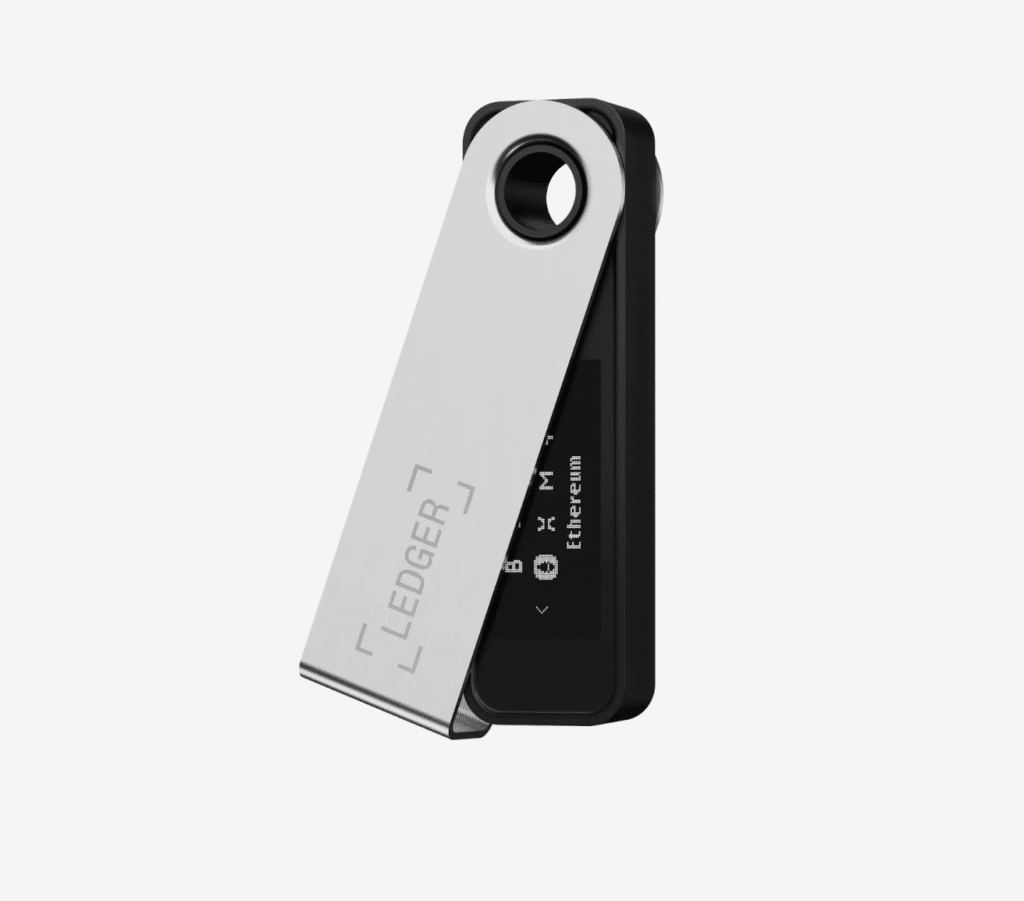The ultimate guide to the best crypto wallets for every trader

From hot to cold wallets, here’s a look at the top five crypto wallets leading the charge in security and convenience.
With more than 420 million crypto users worldwide, including significant user bases in Europe and the U.S., the importance of selecting a good crypto wallet cannot be overstated.
These digital wallets not only secure your cryptographic keys—essential for accessing your digital assets—but also facilitate the sending, receiving, and monitoring of your crypto assets.
The types of wallets available range from hot wallets (online wallets accessible through the internet) to cold wallets (offline wallets, such as hardware wallets, that are considered more secure due to their isolation from online threats).
Each type serves different purposes: hot wallets provide convenience for daily transactions, while cold wallets are best suited for long-term storage of assets due to their enhanced security features.
Let’s explore the best crypto wallet apps of 2024 that not only meet the security requirements but also align with your specific needs and preferences based on your usage.
Top crypto wallet apps: hot wallets
A hot wallet refers to a crypto wallet that is connected to the internet, allowing you to access your funds for transactions quickly.
Pros
Convenience: Hot wallets provide instant access to funds, making them ideal for day-to-day transactions and trading.
User-friendly: These wallets typically have intuitive interfaces catering to beginners and experienced users.
Integration: Many hot wallets integrate with decentralized applications (dapps) and cryptocurrency exchanges, offering seamless interaction within the crypto ecosystem.
Cons
Security risk: Being connected to the internet exposes hot wallets to potential hacking and malware attacks.
Centralized services: Some hot wallets are provided by centralized entities, raising concerns about trust and control over funds.
Limited storage: Hot wallets are not suitable for long-term storage of large amounts of cryptocurrency due to security vulnerabilities.
Here’s a cryptocurrency wallet list featuring some of the safest crypto wallets:
Metamask
MetaMask is a digital wallet tailored for the Ethereum (ETH) blockchain, available as both a mobile application and browser extension, with a Google Play Store rating of 4.5 based on 301,000 reviews and a Capterra rating of 4.5 as well.
It facilitates buying, selling, and swapping of coins and also provides access to dapps, including non-fungible tokens (NFT) marketplaces and staking platforms.
While it supports a vast array of ERC-20 tokens, MetaMask does not accommodate non-Ethereum-based cryptocurrencies such as Bitcoin (BTC), nor does it offer a desktop application.
Its standout features include integration with hardware wallets for enhanced security and an open-source framework for community vetting and development contributions.
Hence, MetaMask remains one of the best crypto wallets in 2024 for interfacing with the Ethereum blockchain, offering a portfolio feature for managing multiple accounts and assets, and privacy-focused operations without KYC requirements.
Despite its strong security measures, MetaMask has faced controversy, notably denying allegations of a wallet exploit that led to significant losses in ETH.
Trust Wallet

Trust Wallet, developed by Binance, is another trusted cryptocurrency wallet known with a Google Play Store rating of 4.5 based on 1.88 million reviews and a Capterra rating of 4.8.
It has a long list of supported assets, boasting compatibility with over 70 blockchains and more than 10 million assets, making it a versatile option for users who want to store a variety of cryptocurrencies in one place. Furthermore, it supports dapps and direct access to NFT marketplaces and defi platforms positions.
These features, alongside its seamless integration with Binance, position Trust Wallet as one of the best free crypto wallets.
However, despite its many strengths, Trust Wallet does have areas where it falls short. The platform has limited customer support, which may pose challenges for users needing immediate help or complex issue resolution.
Additionally, while Trust Wallet offers a browser extension, there’s no desktop app available, which might limit its accessibility and convenience for users who prefer a standalone desktop application for managing their crypto assets.
Coinbase wallet

Over the years, Coinbase Wallet has emerged as one of the most popular crypto wallets, offering a simple yet highly functional platform for users to transfer their funds off custodial exchanges and into their own control. As of Feb. 21, it has a Google Play Store rating of 4.4 based on over 90,000 reviews, as well as a Capterra rating of 4.4.
It provides both a mobile app and browser extension, supporting a vast array of cryptocurrencies and enabling direct access to dapps for staking, yield farming, and managing NFTs.
Despite its broad selection of supported cryptocurrencies and web3 functionality, the wallet does not offer a desktop application and is not fully open source, which may concern some users looking for complete transparency and security verification through open-source software.
The wallet is free to download, with no fees for sending or receiving cryptocurrencies. However, purchasing tokens through its integration with Coinbase Exchange incurs standard fees, which vary based on the transaction type and payment method.
Meanwhile, Coinbase Wallet’s integration with third-party decentralized exchanges enables users to seamlessly exchange assets with a flat fee of 1% on all exchanges, in addition to the network fee, making it a contender for the lowest fee crypto wallet in terms of straightforward exchanges.
The wallet boasts an impressive security framework, employing advanced security features such as biometrics, passwords, security locks, and support for Ledger hardware wallets for an extra layer of security.
These features, combined with transaction transparency tools like token approval alerts and transaction previews, make Coinbase Wallet one of the top crypto wallet apps.
Best crypto wallets 2024: cold wallets
A cold wallet, on the other hand, is a type of crypto wallet that stores your digital assets offline, providing enhanced security measures.
Pros
Security: Hardware wallets offer a higher level of security by keeping your private keys offline, away from potential cyber threats.
Long-term storage: They are suitable for long-term storage of large amounts of cryptocurrency, minimizing the risk of theft or hacking.
Peace of mind: Users have greater control and ownership over their funds, reducing reliance on third-party services.
Cons
Cost: Hardware wallets typically come with a purchase cost, unlike many hot wallets, which are free to download.
Less convenient: Accessing funds for transactions may require connecting the hardware wallet to a computer or mobile device, which can be less convenient compared to hot wallets.
Risk of loss: If the hardware wallet is lost or damaged without proper backup measures in place, there is a risk of losing access to the stored cryptocurrency.
For those prioritizing security, here are some of the safest crypto wallets available:
ELLIPAL Titan 2.0

The ELLIPAL Titan 2.0 can be deemed as one of the safest wallets for cryptocurrency. This hardware wallet boasts a 4-inch touchscreen for straightforward navigation and a camera for QR code scanning, eliminating the need for wired connections and enhancing its security by keeping it completely offline.
The ELLIPAL app complements the Titan by facilitating transactions through QR codes, ensuring a seamless bridge between the mobile app’s convenience and the hardware wallet’s security.
Security is a paramount feature of the ELLIPAL Titan, with anti-disassembly and anti-tampering measures that activate a self-destructive mechanism in case of unauthorized attempts to access the device.
This, combined with a self-destruct mechanism for repeated incorrect password attempts, ensures your digital assets are safeguarded against physical theft and hacking attempts.
The wallet supports a vast array of over 10,000 tokens across multiple blockchains. Its compatibility with Android and iOS platforms further enhances its appeal, providing flexibility for users to manage their assets on the go.
One notable con is its size; compared to other hardware wallets, the Titan 2.0’s larger footprint might not appeal to those seeking a more compact and portable option.
Additionally, the reliance on QR codes for transaction signing, while innovative, might be cumbersome for users who prefer the simplicity of a direct connection or find scanning QR codes a hassle in certain environments.
Another potential downside is the device’s price point. At $169, the Titan 2.0 is more expensive than some of its competitors, which might be a deterrent for budget-conscious buyers.
Ledger Nano S Plus

The Ledger Nano S Plus emerges as a significant contender in the hardware wallet market for 2024, offering a blend of advanced security features and user convenience.
Priced at $79, it sits comfortably between its siblings, the more affordable Nano S and the premium Nano X, providing a middle ground in terms of price and functionality.
The Nano S Plus supports over 5,500 assets, including a wide range of cryptocurrencies and NFTs, catering to users with diverse portfolios looking for secure, offline private key storage.
One of the standout features of the Nano S Plus is its large screen size, which improves user interaction compared to the original Nano S.
Additionally, the device can run up to 100 apps simultaneously, making it highly versatile for users who engage with multiple cryptocurrencies and digital assets.
Despite its many pros, including native support for NFTs and a highly secure CC EAL 5+ rating, the Nano S Plus has its cons. It lacks a Bluetooth connection, is not compatible with iOS devices, and has limitations in staking capabilities via the Ledger Live platform.
FAQs
How to set up a cryptocurrency wallet?
Setting up a cryptocurrency wallet involves choosing between good crypto wallets based on your needs—whether a hot wallet for daily transactions or a cold wallet for secure long-term storage. Download the chosen wallet app, create an account, and follow the on-screen instructions to secure your wallet with a strong password and back up your recovery phrase. For hardware wallets, connect the device to your computer and follow the setup process provided by the manufacturer.
How many crypto wallets should I have?
Having multiple crypto wallets can enhance security and organization of assets. Consider using a combination of hot and cold wallets—a hot wallet for daily transactions and a cold wallet for long-term storage of significant assets. The right number depends on your portfolio diversity and security needs.
What are the best wallets to store cryptocurrency?
The best wallet app for cryptocurrency in 2024 includes trusted cryptocurrency wallets like MetaMask for Ethereum users, Trust Wallet for a broad blockchain asset range, and Coinbase Wallet for ease of use and secure crypto wallet transactions. Hardware wallets such as the Ledger Nano S Plus and ELLIPAL Titan 2.0 are among the safest crypto wallets for offline asset storage.
Where is the safest place to keep crypto?
The safest place to keep crypto is in cold wallets or hardware wallets, which store private keys offline, away from online threats. These most secure crypto wallets provide robust protection against hacking and unauthorized access, making them ideal for the long-term storage of digital assets.
Which crypto wallet is most popular in the USA?
In the USA, Coinbase Wallet ranks as the most popular crypto wallet, celebrated for its user-friendly interface, secure crypto wallet features, and extensive cryptocurrency support. It integrates seamlessly with the Coinbase exchange, offering the lowest fee crypto wallet options for transactions and a wide range of services, including NFT and defi access.
Are all crypto wallets safe?
Not all crypto wallets offer the same level of security. Hot wallets, while convenient for quick transactions, are more susceptible to online threats. The safest crypto wallets are cold wallets or hardware wallets, which provide enhanced security by storing private keys offline, making them trusted cryptocurrency wallets for safeguarding digital assets.
















